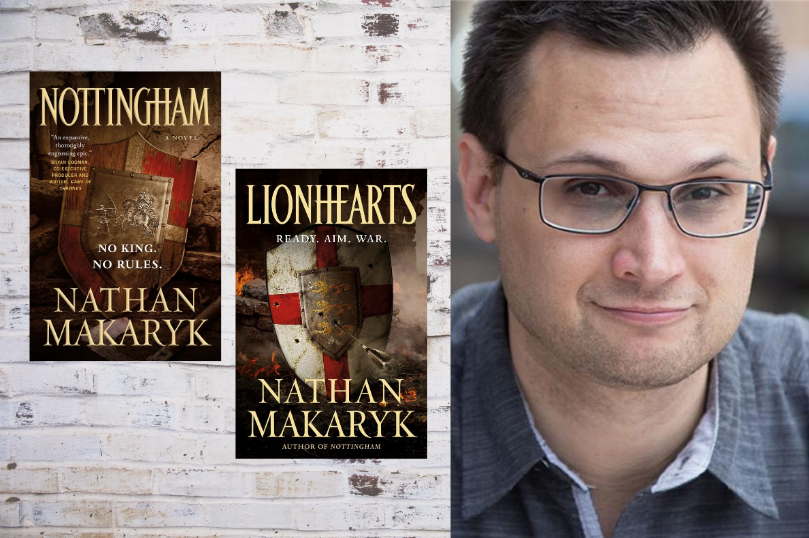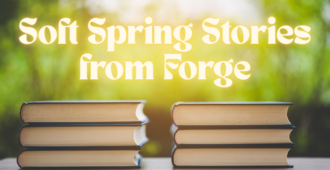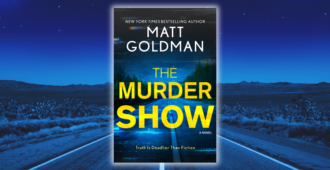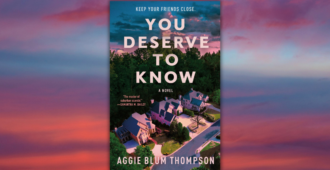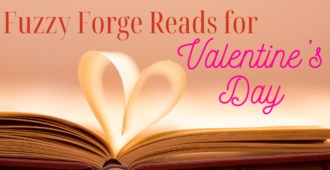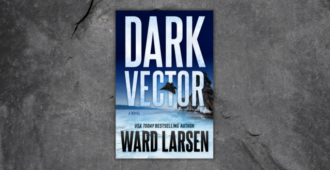This just in: reading makes you a better person! Wondering why? Nathan Makaryk, author of Nottingham and its upcoming sequel Lionhearts (coming September 15th), joins us on blog today to talk about how reading stories from points of view that differ from your own help make you a more open-minded and inclusive person.
By Nathan Makaryk
Pick a book.
(Any book will do, I can almost guarantee it.)
Hunt down its one-star reviews, and you’ll find someone who “couldn’t connect to the characters.” “Unrelatable” and “unlikeable” are codewords that a reader just can’t bridge the gap between their own worldview and that of the book’s protagonist. Especially in stories written from a single character’s point of view (POV), a reader’s disagreement with the hero’s choices is the leading cause of books being thrown violently into improbably nearby woodchippers.
Reading is inherently an act of empathy, in that you put yourself in the headspace of someone else—fictional or not—to experience life through their eyes and thoughts. Unless you’ve written an autobiography and read it exclusively (you psychopath), then we all take this leap of faith when we pick up a book. Numerous studies have been published showing a positive correlation between people who read fiction and their social and empathetic competence. In short: yes, reading makes you a better person.
But what kind of characters are you choosing to jump into? If you’re only reading protagonists who align with your own moral, religious, or political stances, are you really growing and expanding your worldview? Probably not.
Welcome to 2020, where our country is divided by increasingly polarized stances over every imaginable subject. Social media provides us each with an echo chamber of like-minded opinions that vilify the opposition. If you’ve ever used the terms “us” or “them” in regard to human beings, then you’ve already started the work of delegitimizing (and sometimes dehumanizing) those you disagree with in order to strengthen your own position.
Don’t worry: we all instinctively do this. It’s natural. But recognizing when you do it and how to counteract it is probably the most important thing for all of us to learn right now. Because if you toss aside a book when you “can’t connect” with the main character . . . congratulations, you’re back in your echo chamber.
One method to overcome this is to read books with multiple POVs. The author is specifically asking you to find something sympathetic in each character, despite their conflicting opinions. Sometimes multiple POVs are used to follow necessary plot points in geographically distant places, as in Sarah Kozloff’s Nine Realms series or George R.R. Martin’s A Song of Ice and Fire series. When those characters are also on opposite sides of a greater conflict, we get to understand (and agree with, or not) the otherwise nefarious motivations of antagonists like a Queen Cersei. Seeing a conflict from your opponent’s point of view is the number one way to turn the tide on those internet arguments you’re never winning.
Reading these stories actually strengthens our brain’s ability to self-interrogate the things we see and hear, because we intuitively start thinking about them in two ways: both in the manner we experience them, and in how the other POV characters might interpret them differently. Flexing our natural skepticism is a critical skill when your information comes from a single source. It may seem like “just reading”, but you’re training your brain to raise a proper eyebrow when your uncle Darren shares his “Coronavirus is a hoax” memes.
From there, search out stories whose POV characters are in direct conflict, allowing the reader to experience two (or more!) sides of the same story. In Shrouded Loyalties, author Reese Hogan expertly juggles multiple wildly-opposing viewpoints, forcing the reader to constantly re-evaluate whose side they’re actually on. And the ultimate answer is that a properly empathetic reader should be on everyone’s side.
Because this goes so much further than the idiom that “every villain is the hero of their own story.” In real life, there are (mostly) no actual villains. Like it or not—and trust me, I don’t—every person you disagree with is an actual living, breathing human who has their own fears and motivations. They very likely believe their viewpoint is the “right” one. Theoretically, if you lived their life, you might even come to their same conclusions—as despicable as you might find that to be from the luxury of your own obviously-better life.
(Okay, there are admittedly a few exceptions when a narrator is intended to be horrifying rather than relatable. I’m thinking of the deliciously sociopathic corporate auditor in Alex White’s The Cold Forge who joyfully sacrifices people to be murdered by aliens.)
In the real world, differences in opinion are almost always simply differences in priorities, and understanding someone’s decisions is difficult when those priorities are completely different from your own. If someone is primarily motivated by money, for instance, then arguing about human rights won’t work on them until you put a dollar sign on it.
The moral of the story here is something that empathetic people already know: anything that forces you out of your own headspace—whether that’s traveling, trying something new, or reading books with characters unlike yourself—will help you become more open-minded and inclusive. Because when someone states they “couldn’t connect with the characters” of a book, this might not be a critique of the book, but of . . . [sips tea] . . . themselves.
Full disclosure, Nathan Makaryk is the author of NOTTINGHAM (2019) and LIONHEARTS (available September 15th, 2020), which very coincidentally portrays multiple POVs on both sides of the conflict in the legend of Robin Hood.
Order Your Copy of Lionhearts:

